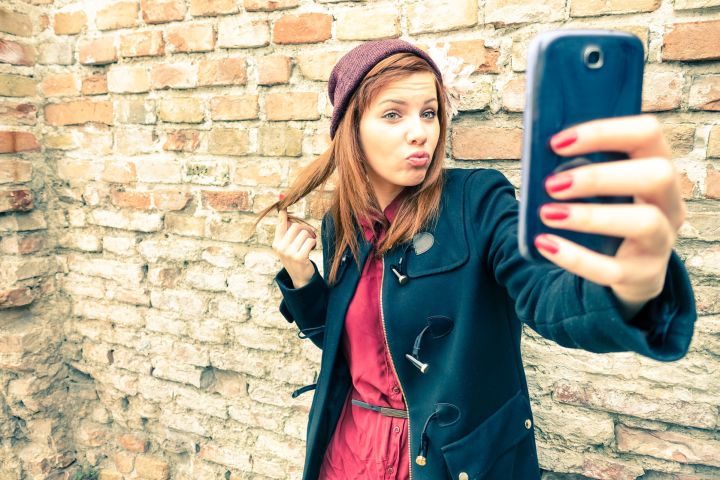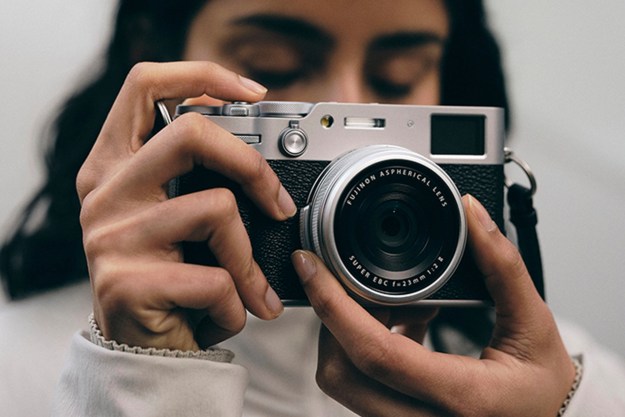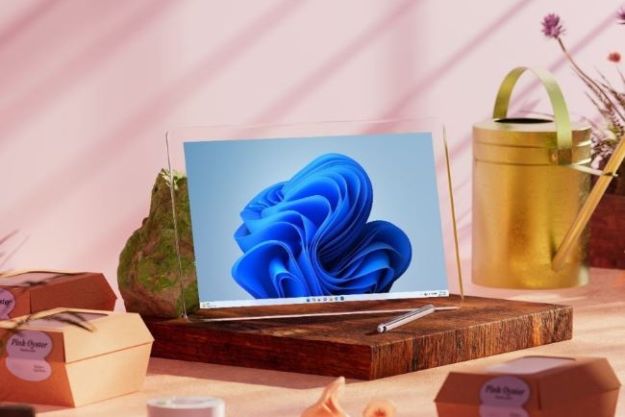
A small survey of 238 people from Austria, Germany, and Switzerland suggests that while most enjoy snapping a selfie, most also don’t really care to look at them. The survey results were recently published in a journal, Frontiers in Psychology. About 77 percent of the participants said they took selfies once a month or more — yet 82 percent said they’d rather see more “regular” photos and fewer selfies.
The survey respondents also tended to use positive characteristics to discuss their own selfies, but negative ones when referring to others’. For example, only 46 percent described their own selfies as “self-promotion” while a full 90 percent would use that same term to describe others’ selfies. The study’s authors described it as a “selfie-bias,” where participants were more critical of others’ selfies and more favorable of their own.
More participants also agreed on the negative effects of selfie taking, while fewer agreed on the positives. The study’s authors, Sara Diefenback and Lara Christoforakos, said that most participants agreed that selfies were for self-staging (62 percent), were a threat to self-esteem (62 percent), and were produced in pursuit of an illusionary world (67 percent). Even though most said they took at least one selfie a month, fewer respondents ascribed to them positive attributes including independence (14 percent), meaning (14 percent), and relatedness (8 percent).
While fewer people agreed on the positives of selfie-snapping, those who took more selfies reported more positives than those who took fewer selfies.
The researchers suggest that those seemingly opposite ideas may be what attracts people to snapping selfies in the first place — they can be used for positive self presentation, yet they’re more playful and ironic. “What we here called the selfie paradox and selfie bias could also be a key factor for their popularity,” Diefenback and Christoforakos wrote. “Forming a lightweight possibility for self-presentation, that allows people to strategically adjust and experiment with the impression they make on others, but still in a playful and somewhat ambiguous manner, that is even interpreted as self-irony (at least by the selfie-takers themselves).”




